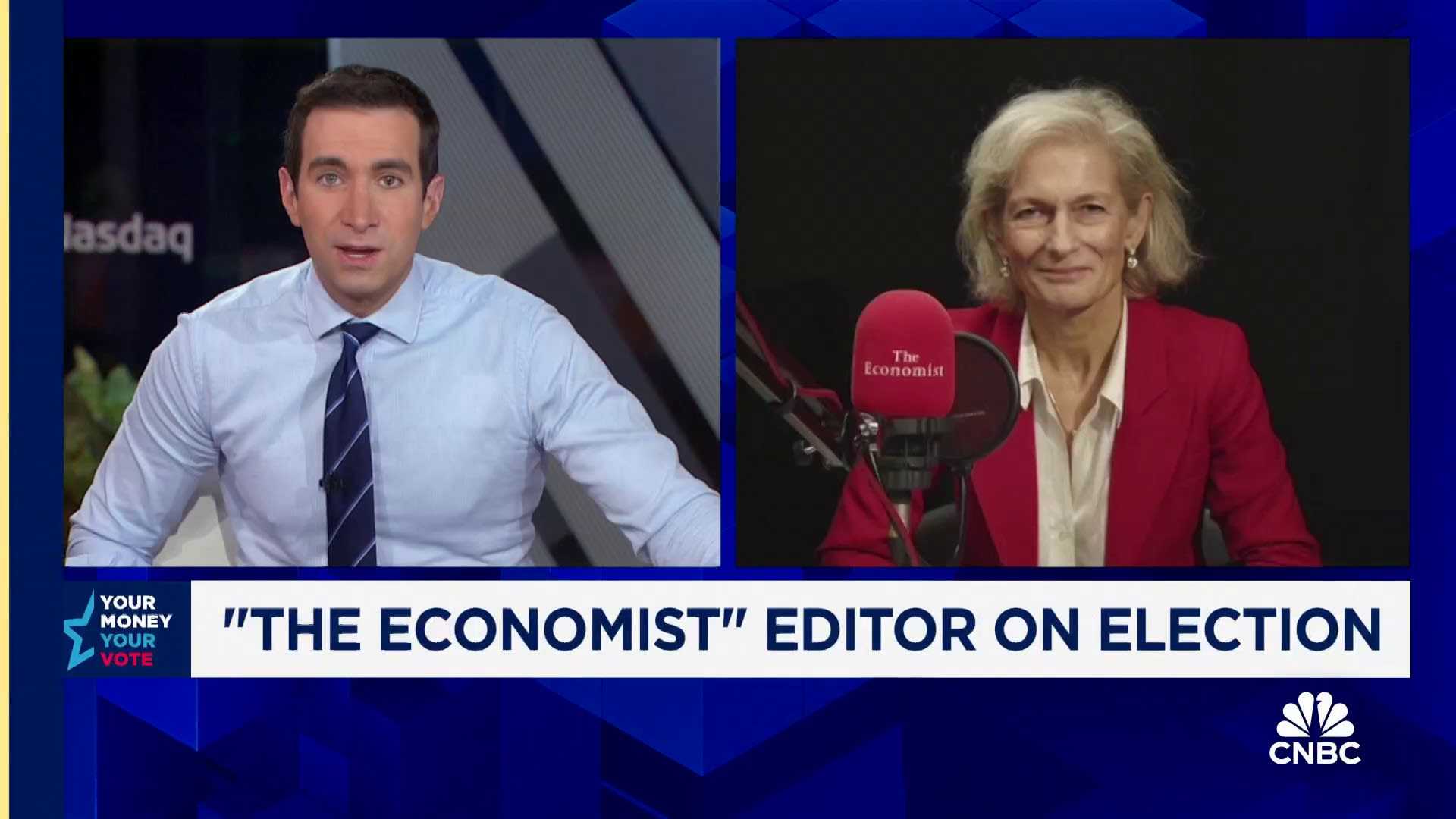Politics
The Economist Endorses Kamala Harris for 2024 Presidential Election, Citing Unacceptable Risks of a Second Trump Term

The Economist has made a significant endorsement in the 2024 U.S. presidential election, backing Vice President Kamala Harris over former President Donald Trump. This decision is rooted in the magazine’s assessment that a second term for Donald Trump poses unacceptable risks to both the United States and the global economy.
Zanny Beddoes, The Economist’s editor-in-chief, emphasized that while Trump’s first presidency was marked by drama and controversy, it also saw some positive economic outcomes. However, Beddoes cautioned that Trump’s current policies are far more radical and potentially disastrous. Specifically, she highlighted Trump’s proposals for 20% tariffs across the board and 200% tariffs on certain countries, which she described as economically dangerous and contrary to the principles of free trade.
Beddoes also pointed out the economic risks associated with Trump’s plans to deport large numbers of undocumented migrants, who are integral to the U.S. workforce, and his frequent promises of new tax cuts. These measures, according to The Economist, could lead to a significant supply shock to the U.S. economy and exacerbate economic instability.
The Economist’s endorsement of Kamala Harris, though described as not particularly strong, is based on the belief that she is unlikely to be a catastrophic president. Beddoes acknowledged that Harris may be an underwhelming candidate but hoped that she might surprise on the upside if elected. The key factor in this endorsement is the absence of the high tail risk associated with a Trump presidency.
The magazine’s editorial independence was also highlighted, with Beddoes clarifying that The Economist is commercially independent and does not have a single majority shareholder. This independence ensures that the editorial decisions, including endorsements, are made without external influence).












